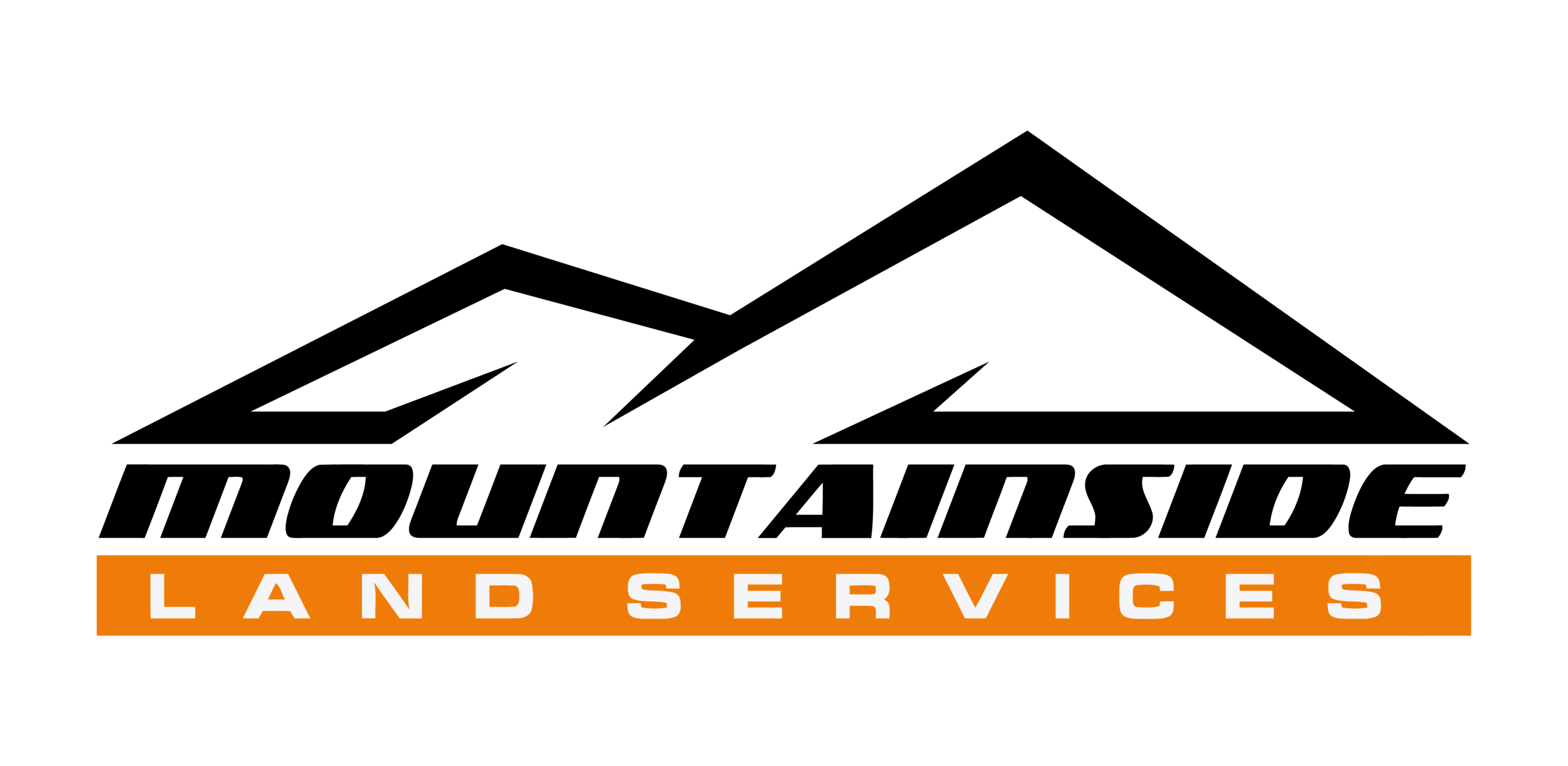That beautiful mountain property you bought for the views and privacy comes with a hidden cost – the driveway. Talk to any contractor who works in Colorado’s high country, and they’ll tell you stories of homeowners who spent more fixing their driveways than they did on their kitchen remodels.
We’ve seen countless mountain driveways fail within just a few years of installation because they weren’t built for Colorado’s unique conditions. Here are five specific problems we encounter repeatedly, how much they’ll set you back, and how to catch them before they empty your wallet.
1. Washboarding Makes Your Gravel Disappear
Those annoying ripples that rattle your teeth aren’t just uncomfortable. They’re also expensive.
Each ripple becomes a water collection point during storms, washing away gravel and creating channels that deepen with every rainfall.
The repair cost difference is significant. Early intervention with proper grading typically costs a fraction of what you’ll spend replacing lost material and fixing erosion damage once washboarding becomes severe.
How to spot it early:
- Ripples forming at stopping points and on hills
- Loose gravel collecting at the bottom of your driveway
- Small channels appearing after rain
Most people waste money adding new gravel without fixing the underlying issue. Proper crowning and using angular rock instead of rounded pebbles prevents washboarding from returning.
2. Center-Running Water Destroys Your Entire Driveway
Water should never run down the center of your driveway. When it does, you’re looking at potential damage that can cost thousands to repair.
The financial impact escalates quickly. What starts as minor erosion can develop into deep trenches that require extensive rebuilding, new material, and drainage solutions.
The cost difference between early intervention and major reconstruction can be tenfold.
Warning signs:
- Water flowing down the middle instead of off the sides
- Channels forming after storms
- Large rocks becoming exposed as smaller material washes away
A proper crown (higher center than edges) and strategically placed culverts will direct water away from your driveway surface, preventing expensive erosion damage.
3. Underground Water Creating Sinkholes Under Your Wheels
The most costly driveway problems hide beneath the surface. Water trapped in the soil underneath slowly destroys your driveway’s foundation.
Subsurface water issues often lead to repeated repairs in the same spots. The cost of properly addressing drainage with French drains and proper ditching is substantially less than repeatedly fixing the same potholes or eventually rebuilding entire sections.
Look for these red flags:
- Spots that stay wet days after rain
- Potholes that keep returning in the same places
- Soft, spongy sections when you drive over them
Proper drainage systems prevent water from destroying your driveway from below, saving you from recurring repair costs.
4. Too Steep Driveways Making You Stuck
A driveway that works in summer can become unusable in winter. Steep sections (over 10% grade) create dangerous conditions that cost you in towing fees, vehicle repairs, and accessibility issues.
The financial toll adds up quickly: regular towing services, vehicle repairs from sliding off the driveway, and lost work days when you can’t get out. Installing proper switchbacks and reducing steep grades is an investment that eliminates these ongoing expenses.
You have a grade problem if:
- You can’t get up your driveway in snow despite good tires
- Your vehicle slides downhill even with brakes applied
- You regularly need towing assistance
Professional grading techniques can fix these issues permanently, saving you from the recurring costs of winter access problems.
5. Freeze-Thaw Damage Causing Potholes
Colorado’s freeze-thaw cycles create perfect conditions for frost heave—where trapped water freezes, expands, and pushes up your driveway surface. When it thaws, sections sink unevenly.
The financial pattern is predictable: homeowners spend money year after year adding material to low spots, only to watch the same problems return next spring. A proper fix that addresses the subsurface water costs more upfront but eliminates these annual expenses.
Signs of frost heave:
- Sections that rise during freezing weather
- Areas that stay muddy into late spring
- Surface material pushing upward in “boils”
- Increasingly uneven surface each year
Simply adding more gravel without addressing the trapped water underneath guarantees the problem will return, costing you money year after year.
Save Money By Fixing Problems Early
Mountain driveways take a beating from Colorado’s extreme weather. A properly built mountain driveway should last 15-20 years with minimal upkeep, while poorly constructed ones fail within 2-3 seasons.
Many mountain homeowners end up spending double or triple what proper maintenance would cost because they:
- Delay addressing small issues until they become major problems
- Hire contractors who lack mountain-specific expertise
- Repeatedly patch symptoms instead of fixing root causes
What to do now:
If you’re noticing any warning signs, get a professional assessment. Early intervention typically costs a fraction of major repairs. The driveway problems that drain your bank account rarely get better on their own.
Mountainside Land Services specializes in mountain driveway construction and repair throughout Colorado’s Front Range and mountain communities. Contact us at 720-303-1449 for an assessment.
